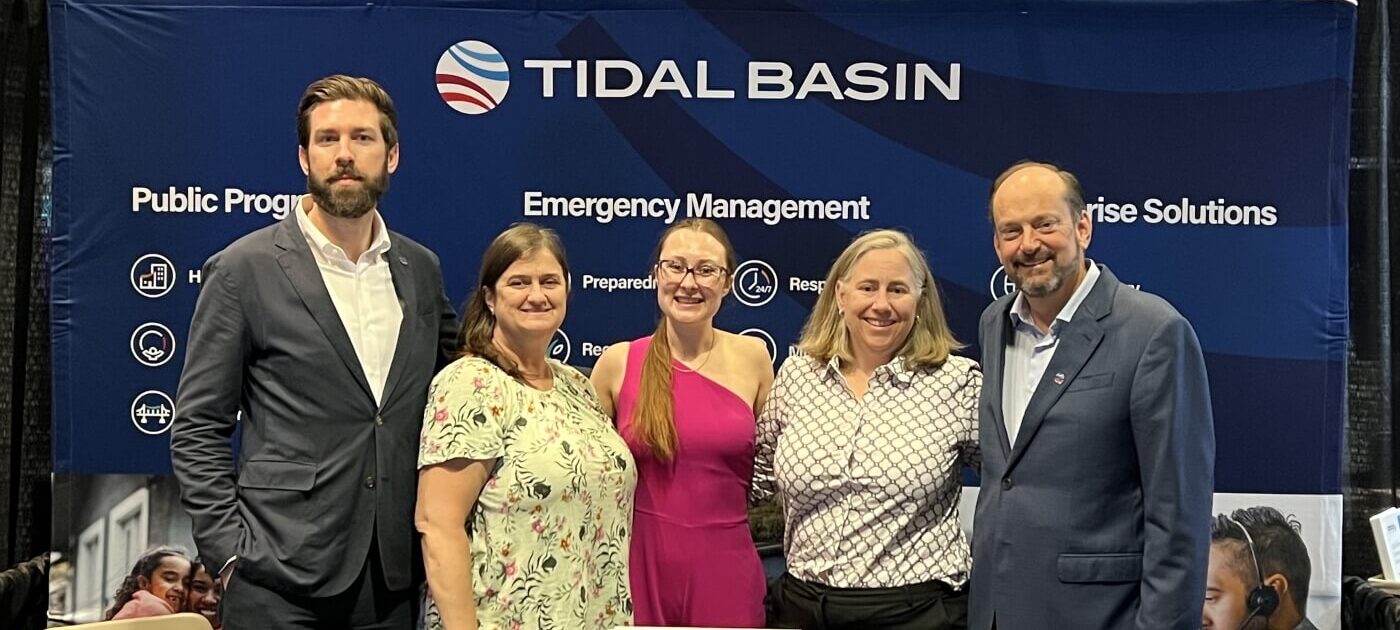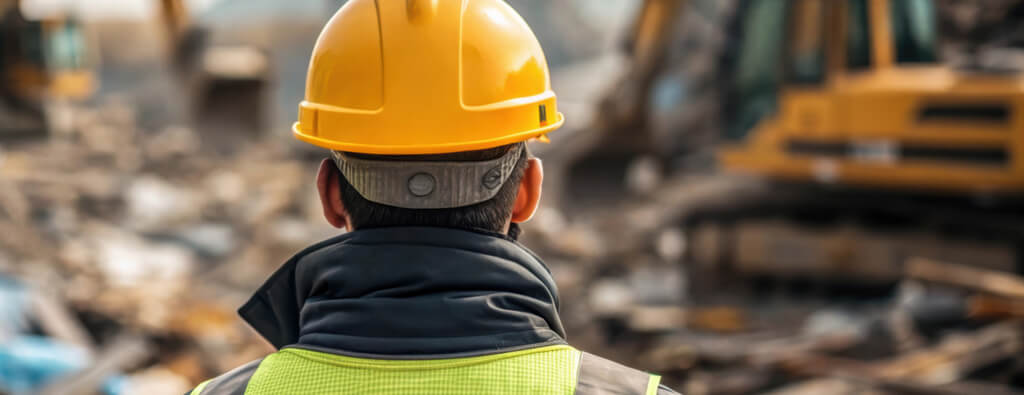About The Great Lakes Homeland Security Conference
The Great Lakes Homeland Security (GLHS) Training Conference & Expo is an annual event for professionals in emergency management and homeland security. The 2025 conference will be held from May 6-8 at DeVos Place in Grand Rapids, Michigan.
The event is organized in partnership by the Michigan State Police, Emergency Management and Homeland Security Division, the Federal Bureau of Investigation, and the Michigan Department of Health and Human Services.
It includes training sessions, exhibits, networking opportunities, and offers continuing education credits for attendees. This event is designed to provide practical resources and connections for those working to ensure community safety.
Why Connect with Tidal Basin
At Tidal Basin, we understand the critical challenges that professionals in Michigan face when it comes to disaster mitigation, technology integration, and debris management. Our mitigation services are designed to identify risks and create strategies that enhance resilience for communities across the state. By helping secure funding through FEMA’s Hazard Mitigation programs, we work alongside community leaders to establish long-term safety measures.
Technology plays a significant role in emergency management, and our TB Technologies division offers tools that make data analysis and decision-making more effective. These innovations are tailored to streamline the process, ensuring efficient response and recovery efforts for Michigan’s unique needs.
Debris management is often one of the more demanding tasks after a disaster. We assist by providing comprehensive planning, operational oversight, and monitoring to remove debris safely and efficiently. Our focus is on helping communities recover faster while staying compliant with regulations and managing costs effectively.
For more information click here.
Meet our team
Our Services
Preparedness
Our preparedness services support communities and organizations in creating emergency management plans, conducting risk assessments, and organizing training exercises. These strategies mitigate risks, protect resources, and support operational continuity.
Response
We provide expert operational support and incident management to help communities overcome the challenges of disaster impacts. Our services help with coordination, strategic resource use, and effective recovery to stabilize and restore affected areas with precision.
Recovery
Our team provides expert guidance in disaster recovery and grant management. With a focus on funding strategies, regulatory compliance, and the implementation of recovery programs, we support efforts to rebuild stronger and more resilient systems.
Grant & Program Management
We provide grant management services, specializing in funding strategies, regulatory compliance, and effective program implementation. We partner with clients to optimize resources, ensure accountability, and deliver solutions that foster stronger, more resilient communities.
TB Technologies
TB Technologies specializes in technology-driven disaster recovery solutions, focusing on system resilience and operational continuity. We prioritize innovative tools and strategies to safeguard critical operations, ensuring communities and organizations are prepared to respond effectively to challenges.
Featured Brochures
Featured Job Openings
Director, Debris Operations
Tidal Basin is hiring a Director of Debris Operations to lead and expand our debris management services, overseeing project operations, compliance, and team development. This role requires expertise in disaster recovery and debris operations, with a focus on supporting efficient community recovery efforts.
Hazard Mitigation Specialist
Tidal Basin is seeking a Hazard Mitigation Specialist to assist clients in implementing FEMA mitigation programs, ensuring compliance with regulations, and providing program support for disaster risk reduction. This role requires expertise in hazard mitigation processes, grant management, and the ability to coordinate technical assistance for effective program delivery.
Great Lakes Homeland Security Conference FAQs
The Great Lakes Homeland Security (GLHS) Conference brings together public safety professionals to discuss current trends, share knowledge, and enhance both individual and organizational preparedness in homeland security.
The purpose of the GLHS conference brings together professionals, experts, and stakeholders from different fields to improve regional preparedness, resilience, and teamwork in tackling homeland security challenges. It’s a place to share ideas, strategies, and innovative solutions to protect communities and critical infrastructure in the Great Lakes region.
Emergency management professionals, law enforcement personnel, public safety experts, health and medical officials, and anyone involved in homeland security and safety sectors should attend the GLHS Conference.
Yes, the GLHS Conference is designed to facilitate networking, collaborative discussions, and professional connections with industry leaders and peers.
The GLHS Conference program highlights emergency response strategies, cybersecurity, public health preparedness, disaster recovery, and inter-agency cooperation.
The MSP is the primary organizer of the GLHS Conference, providing expertise in law enforcement, emergency management, and public safety initiatives.
The Emergency Management and Homeland Security Division of the MSP is dedicated to preparing for, responding to, and recovering from emergencies and disasters, making them an essential partner in the GLHS Conference.
The FBI contributes to the GLHS Conference by offering insights into national security, counterterrorism, cybersecurity, and law enforcement collaboration, elevating the conference’s impact and depth.
MDHHS provides expertise in public health preparedness and response, disaster recovery, and health security, ensuring a comprehensive approach to community safety at the GLHS Conference.
By collaborating for the GLHS Conference, these organizations bring multidisciplinary expertise to address complex safety and security challenges, ensuring a robust and well-rounded program.
Connect with us
Related news

Tidal Basin Welcomes E. Scott Tezak as Chief Operating Officer
Tidal Basin is pleased to announce that E. Scott Tezak, PE, has joined our team as Chief Operating Officer (COO)….

Inside the 2025 Association of State Floodplain Managers (ASFPM) Conference
Explore the highlights of the 2025 Association of State Floodplain Managers Conference in New Orleans and Tidal Basin’s role.

IAEM Region 9 Symposium – Supporting Students During Emergency Management Awareness Month
Learn how the IAEM Region 9 Symposium Scholarship supports future emergency management leaders and learn about the 2025 symposium in Honolulu, Hawaii.


